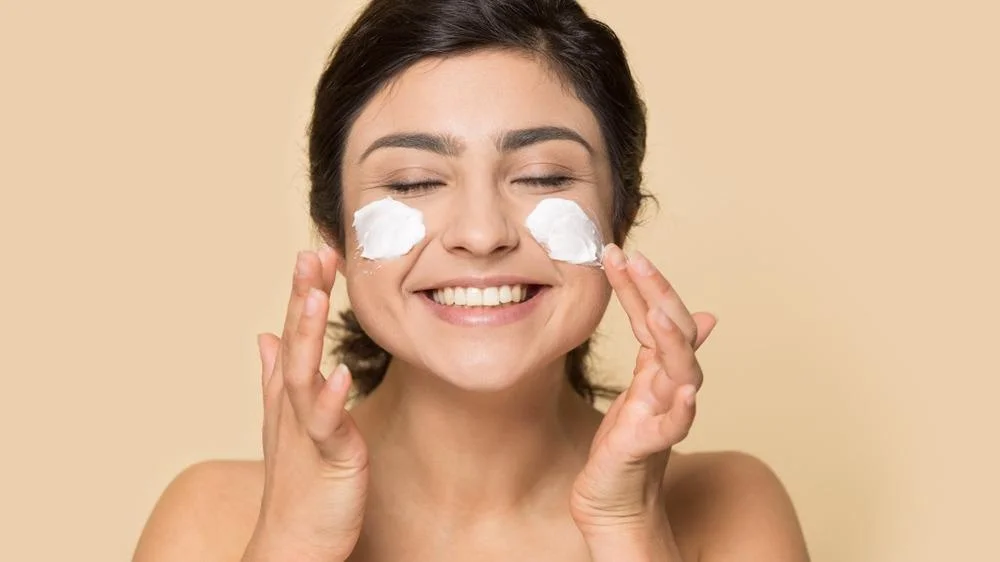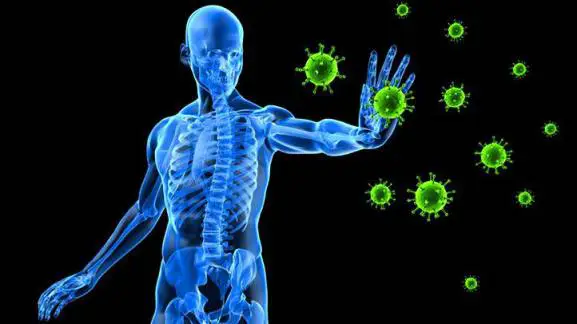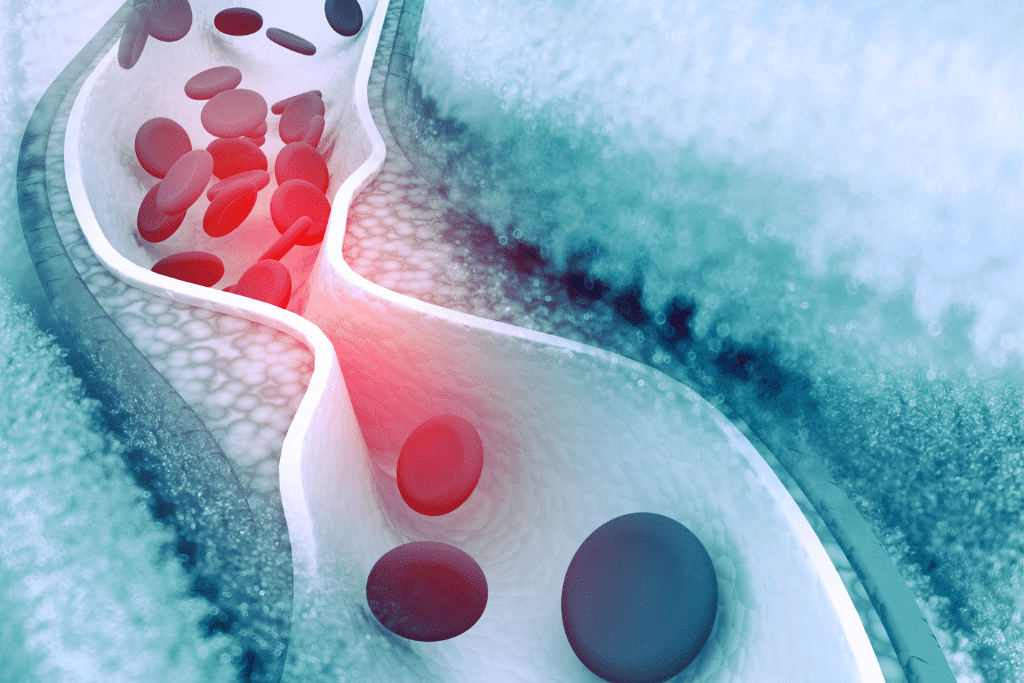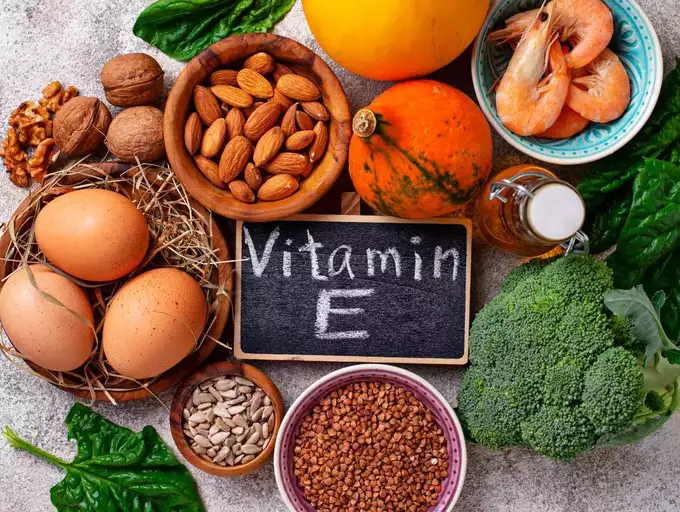Health Benefits of Vitamin E
Introduction
Vitamin E is a vital nutrient that plays a complicated role in maintaining health and well-being. In this comprehensive exploration, we explore into the general benefits of vitamin E, spanning from its antioxidant ability to its impact on various aspects of health.
1. Powerful Antioxidant Shield

At the core of vitamin E’s benefits is its role as a powerful antioxidant. Free extremists, by-products of normal cellular processes and environmental exposures, can cause chaos on our cells, contributing to aging and chronic diseases. Vitamin E, in its various forms (tocopherols and tocotrienols), acts as a first line of defense, neutralizing these free radicals and preventing oxidative stress.
2. Skin Health Medicine

Vitamin E is a famous friend in the field of skincare. Its moisturizing properties make it a popular ingredient in creams and lotions, providing much-needed hydration to the skin. Beyond this, it helps in wound healing, reducing swelling and promoting skin repair. Additionally, vitamin E protects against the damaging effects of ultraviolet (UV) rays, possibly reducing the risk of skin cancer.
3. Cardiovascular Guardian

The impact of vitamin E on heart health is deep. By preventing the oxidation of low-density lipoprotein (LDL) cholesterol, commonly known as “bad” cholesterol, vitamin E helps prevent the buildup of plaques in arteries, thus reducing the risk of atherosclerosis. Moreover, its anti-inflammatory properties contribute to overall cardiovascular well-being.
4. Immune System Fortification

A robust immune system is essential for resisting off infections and diseases. Vitamin E plays a crucial role in supporting immune function by enhancing the production of immune cells. This nutrient strengthens the body’s defense mechanisms, ensuring a more resilient response to pathogens.
5. Illuminating Eye Health

The eyes which are susceptible to oxidative damage, benefit from the protective shield of vitamin E. Studies suggest that this vitamin may lower the risk of age-related macular degeneration (AMD) and cataracts, common conditions that can impair vision. By neutralizing free radicals in ocular tissues, vitamin E contributes to maintaining healthy eyesight.
6. Nurturing Neurological Function

Emerging research indicates that vitamin E may have neuroprotective properties. By shielding nerve cells from oxidative stress, it exhibits possibility in reducing the risk of neurodegenerative disorders such as Alzheimer’s disease. Additionally, maintaining optimal levels of vitamin E may support cognitive function, promoting mental acuteness.
7. Anti-Inflammatory Ally

Inflammation, when chronic, underlies various health issues, from arthritis to cardiovascular diseases. Vitamin E’s anti-inflammatory effects make it a valuable assistant in managing these conditions. By controlling inflammatory pathways, it helps ease symptoms and supports overall well-being.
8. Cholesterol Harmony

Maintaining a delicate balance of cholesterol is crucial for cardiovascular health. Vitamin E contributes to this equilibrium by preventing the oxidation of LDL cholesterol. This not only safeguards against atherosclerosis but also promotes a healthier lipid profile, reducing the risk of heart disease.
9. Menstrual Pain Soother

For many women, menstrual pain is a monthly challenge. Vitamin E has shown promise in alleviating this discomfort. Studies suggest that supplementation may reduce the severity and duration of menstrual pains, providing a natural and accessible option for managing this common concern.
10. Exploring Cancer Prevention

While the relationship between vitamin E and cancer prevention is a subject of ongoing research, some studies propose a protective effect. The antioxidant nature of vitamin E may help prevent cellular damage that could lead to cancer development. However, it is essential to note that research in this area is not conclusive, and more extensive studies are needed to establish a definitive link.
Vitamin E Rich Diet

To increase vitamin E intake in your meals, consider incorporating the following foods into your diet:
Nuts and Seeds:
- Almonds
- Sunflower seeds
- Hazelnuts
- Pine nuts
- Pumpkin seeds
Vegetable Oils:
- Wheat germ oil
- Sunflower oil
- Olive oil
- Safflower oil
Green Leafy Vegetables:
- Spinach
- Swiss chard
- Kale
- Collard greens
Fruits:
- Kiwi
- Blackberries
- Mangoes
- Avocado
Fortified Foods:
- Check for cereals, margarine, and other processed foods fortified with vitamin E.
Fish:
- Salmon
- Trout
- Rainbow trout
Shellfish:
- Shrimp
- Lobster
Whole Grains:
- Brown rice
- Quinoa
- Oats
Dried Herbs:
- Parsley
- Basil
- Oregano
Fruits:
- Kiwi
- Blackberries
- Mangoes
- Avocado
Including a variety of these foods in your daily meals can help you achieve a well-rounded intake of vitamin E. It’s important to note that vitamin E is a fat-soluble vitamin, so consuming these foods with a source of healthy fats can enhance absorption. Additionally, consult with a healthcare professional before making significant changes to your diet or taking supplements, especially if you have any existing health conditions.
There have been many claims about vitamin E playing a role in healthy physical-mental growth and strengthening the immune system. The mechanisms that vitamin E can provide this protection include its function as an antioxidant and its role in anti-inflammatory processes, platelet integration barriers, and immunity boosting.
FAQ

1) Do I need to take vitamin E supplements?
Ans:- It is best to take the natural form of vitamin E through food. Eat a handful of nuts or any vitamin E rich food every day. You don’t need supplements unless you have symptoms of deficiency.
2) How do I know if I have vitamin E deficiency?
Ans:- Clinically manifest vitamin deficiency is not common. However, if you are suffering from chronic diarrhea with a thin stool, consult a doctor for further treatment.
3) Does vitamin E have blood-lightening properties?
Ans:- Yes. Vitamin E has the effect of diluting blood which can lead to problems if taken with drugs like warfarin.
4) What is the use of Vitamin E oil?
Ans:- It is used to remove skin wrinkles, and stretch marks and as a moisturizer, to heal spots and dry skin.
5) What happens if vitamin E is taken with a blood thinner like warfarin?
Ans:- It will react with warfarin and can increase the risk of spontaneous bleeding and stroke.
6) I am constantly tired and sick. Do I have vitamin E deficiency?
Ans:- This is possible but it may also be due to lack of other nutrients and more observations may require. Please consult your doctor for proper treatment.
Conclusion
In conclusion, the benefits of vitamin E extend far beyond its reputation as a skin-enhancing nutrient. From cardiovascular health to immune support, neurological well-being to anti-inflammatory effects, vitamin E emerges as a useful and necessary component of a healthy lifestyle. As research continues to reveal its various roles, including vitamin E-rich foods or supplements into one’s diet may prove to be a wise choice for overall health and longevity.
